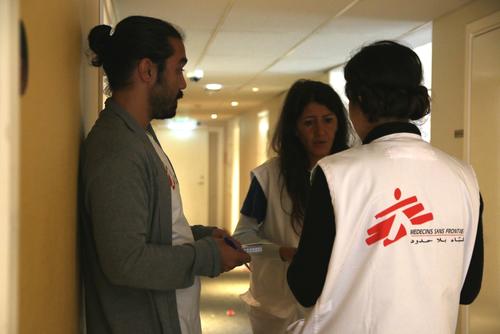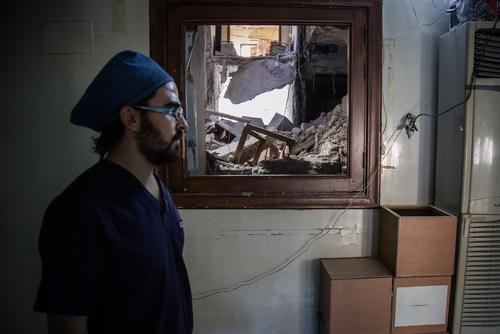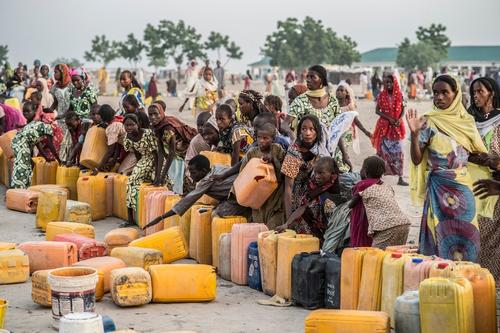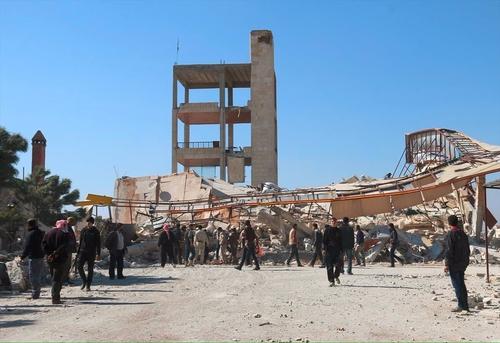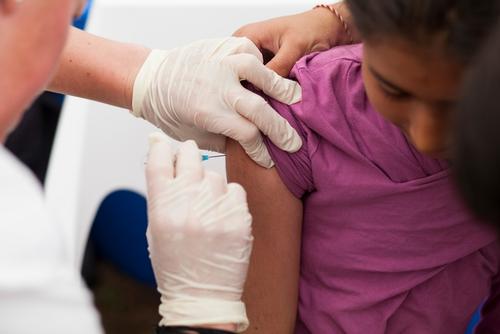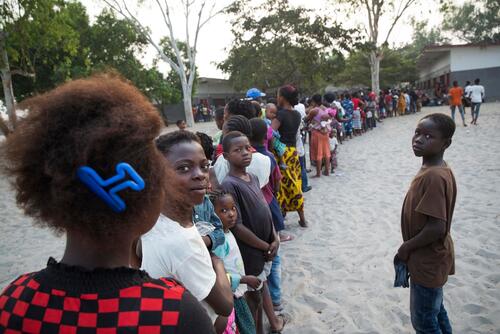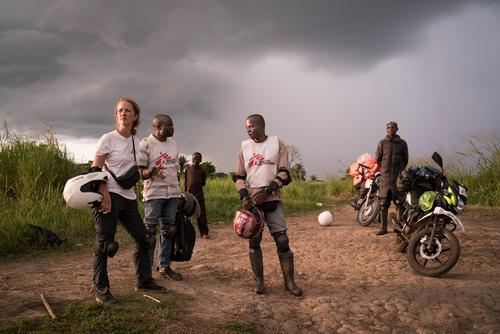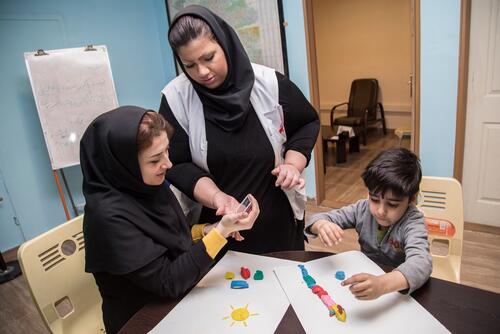
1,100
1,1
This includes families, single men and unaccompanied minors from a variety of countries. MSF uses a holistic model of mental healthcare and psychosocial support, which involves the screening and detection of mental health conditions and referral to the Swedish healthcare system where appropriate. The model includes individual and group counselling sessions; psychoeducation to help prevent worsening of symptoms, build resilience and promote empowerment; psychological first aid; and
the use of cultural mediators to ensure good communication. The project also links asylum seekers with community-based civil society networks that offer social activities and provide for their non-medical needs.
MSF uses a holistic model of mental healthcare and psychosocial support, which involves the screening and detection of mental health conditions and referral to the Swedish healthcare system where appropriate. The model includes individual and group counselling sessions; psychoeducation to help prevent worsening of symptoms, build resilience and promote empowerment; psychological first aid; and the use of cultural mediators to ensure good communication. MSF also wants to build on the success of this project to advocate for the improvement of mental health services for asylum seekers across the country.
In 2016, the MSF team in Götene screened 122 asylum seekers for mental health conditions. Of these, 32 per cent benefited from individual counselling and 19 per cent were referred to local services. In total, 466 asylum seekers received psychoeducation, cultural briefings and other health information from MSF, and 367 received psychological first aid.



